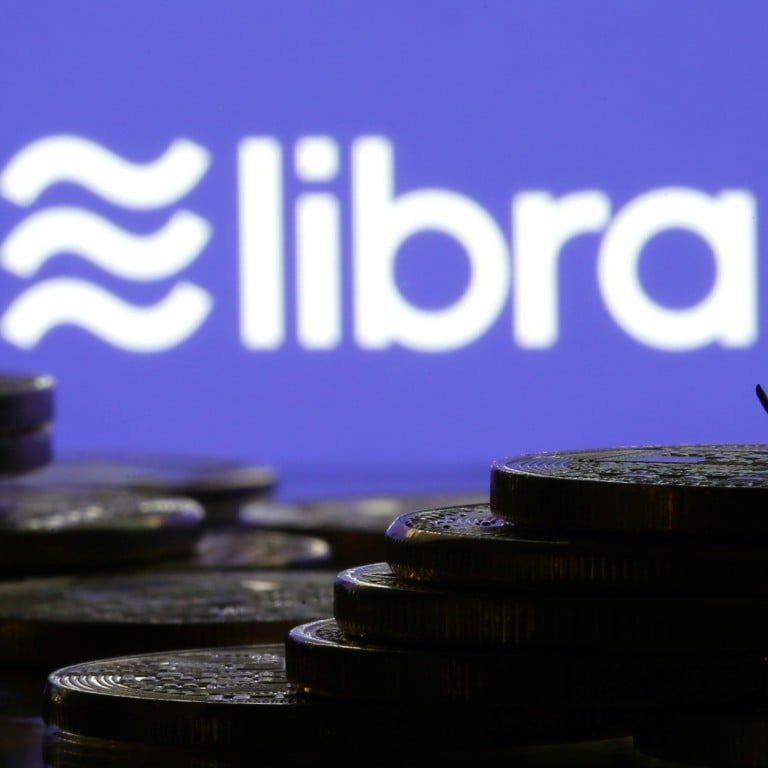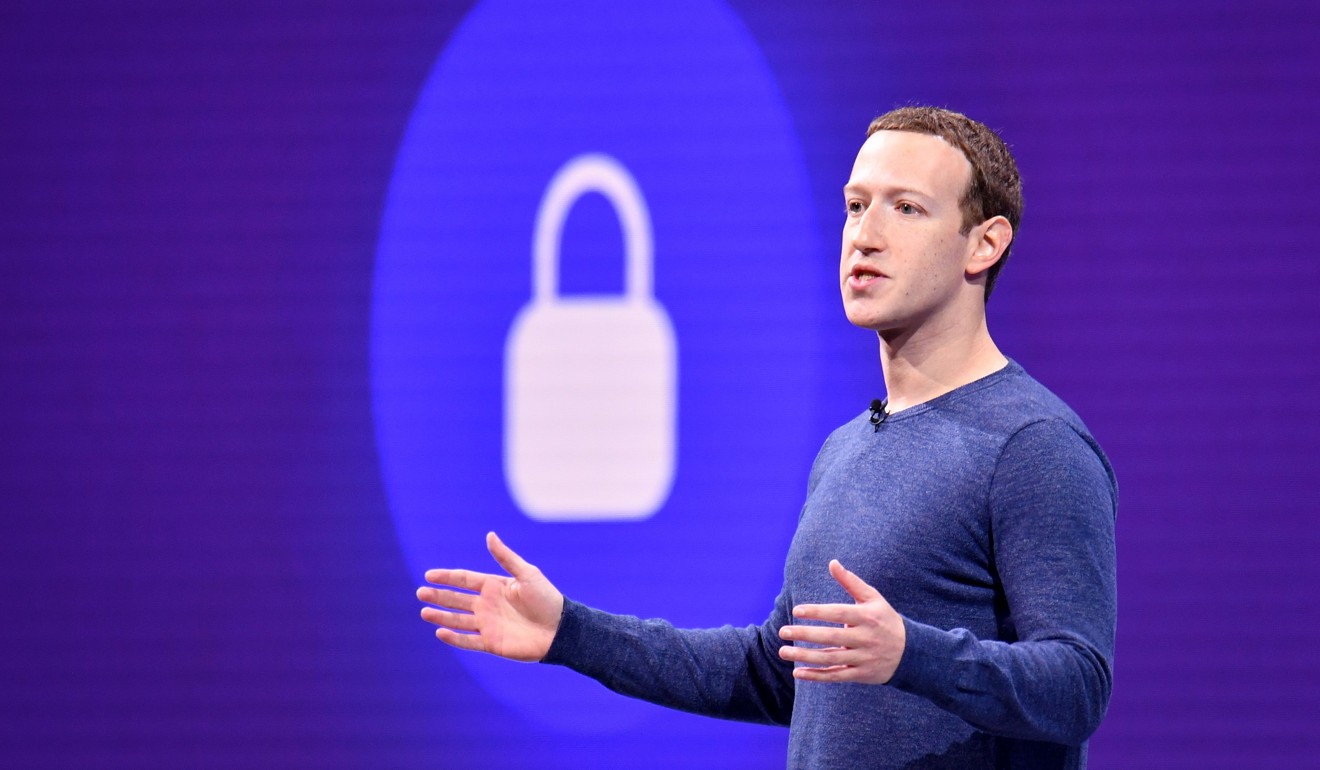
Facebook’s Libra cryptocurrency may spell bad news for Hong Kong and mainland payment services – if regulators don’t step in first
- HSBC’s PayMe, Hong Kong’s own Faster Payment System, WeChat Pay and Alipay may be among the losers if Libra moves into the peer-to-peer transaction market. Global regulators, however, are already expressing concern
Use of the terms “blockchain” and “cryptocurrency” has led to intense debate about what level of threat Libra poses to bitcoin, ethereum and other cryptocurrencies. However, by the strictest definition, Libra is neither a blockchain nor a cryptocurrency, so this is a moot point.
It distracts from the real discussion of how Facebook’s new product will impact everyone. So it would be better to consider what the launch of Libra might mean for Hong Kong consumers.
Facebook has made it clear Libra will first target “peer-to-peer” transactions; that is, smaller payments between individuals. Here in Hong Kong, a great many of these are cash transactions, and given the city’s general preference for paper money, coupled with the high density of ATMs, it is unlikely that Libra will impact this in any meaningful way.
Furthermore, Libra can be sent through WhatsApp, Facebook Messenger and, eventually, probably Instagram. Many more people in Hong Kong are registered on these platforms than on PayMe, so it is hard to see people preferring to go through the process of signing-up and adding friends on PayMe when they can just use their pre-existing systems. These two factors may combine to make 2020 a tough year for PayMe.
There are also likely to be tough times ahead for Hong Kong’s own Faster Payment System (FPS). This is a product I personally like, because there was a real need and it solved a real problem. Bank transfers remain a common way for people in Hong Kong to settle even small payments, but they are slow and expensive. FPS fixed that.
Rather than trying to reinvent the wheel, it iterated on an existing system, making it more efficient. Unfortunately, FPS is still gaining adoption at a glacial speed, and it remains to be seen if it can firmly establish itself before Libra rolls out, expected to be in early 2020.
Finally, Libra’s arrival in Hong Kong may spell the end of any lingering hopes WeChat Pay and Alipay had of gaining traction in the city outside the mainland resident and tourist communities. Hongkongers’ preference for WhatsApp and other Facebook services means anyone wanting to use a messaging service for simple payments to friends and family will probably lean towards Libra rather than either of the two mainland services.
Of course, all this discussion may be for nothing, given that global regulators have been quick to speak out against Libra. So far, authorities representing two of the world’s financial centres, the US and Britain, as well as those working for international bodies such as the European Union, the G7 and the G20, have expressed concern about Facebook’s plans, with several hinting that authorisation will be very hard to come by.
Hong Kong’s tendency to follow the rulings and precedents set by other international jurisdictions means that what happens in London and Washington may end up scuppering any Libra roll-out here.
This may give local payments providers a reprieve in which to consider how to head off the threat. However, with a number of other firms – including encrypted messaging services Telegram and Signal – working on their own peer-to-peer payment systems, it is unlikely that the risk will go away. Instead, Facebook’s move should be seen as a shot across the bow of existing providers and a warning that scale is often the only way to survive.

Facebook says that, after peer-to-peer payments, Libra will target merchant and cross-border transactions. This is highly speculative territory, where technology slams into infrastructure and regulations. If Libra runs into trouble rolling out phase one, as seems increasingly likely, moving into sensitive areas such as transferring money across borders may be near impossible.
Encountering regulatory trouble may also serve to put off merchants from accepting Libra, which they may need expensive new point-of-sale machines to accept anyway. We should expect these next two phases of Facebook’s master plan to take a long time.
So, it may be too early to say Libra will mean a true revolution in payments. But it should certainly spark concern among Hong Kong’s native mobile payment application providers.
Ryan King is a technologist and educator, and was most recently running the Hong Kong branch of a major blockchain firm. Twitter: @thisisryanking
David Dodwell is on holiday

